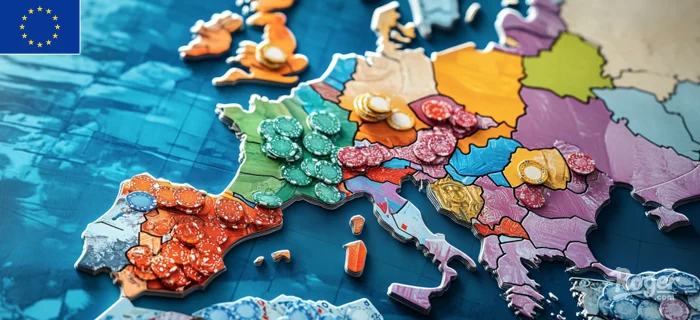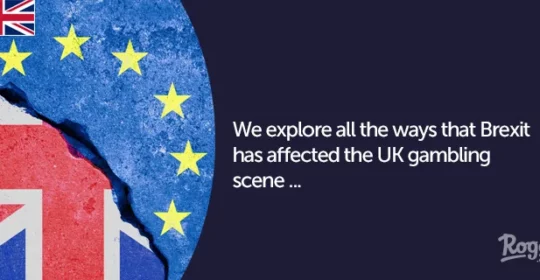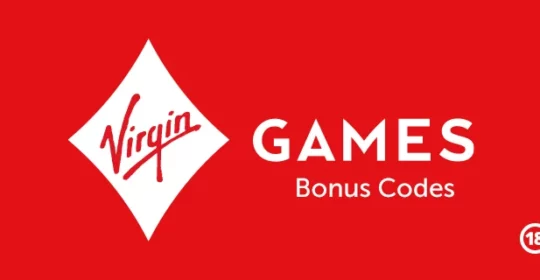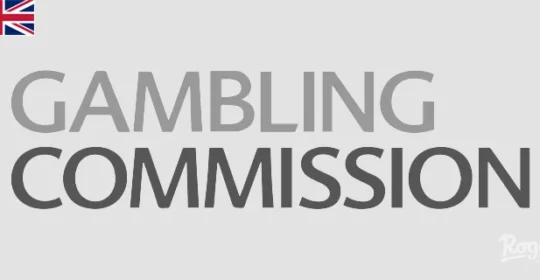Europe’s gambling scene is like no other.
But it’s not one big, unified market. It’s more like a patchwork, shaped by different national rules, cultural quirks, and constantly evolving technology.
Whilst that can make things complicated, it also creates plenty of room for innovation and growth. That’s a big part of why Europe stays at the forefront of the iGaming industry.
Let’s take a closer look at online gambling in Europe and what to expect in the coming years.
Table of contents
- European online casinos: a quick introduction
- A patchwork of national regulations
- Regulated markets
- Monopoly systems
- Partially regulated & evolving markets
- Highly restricted markets
- Key regulatory priorities and trends in Europe
- Consumer protection & responsible gaming
- Combating illegal gambling (black market)
- Anti-money laundering (AML) & know your customer (KYC)
- Technical standards & game fairness
- Taxation
- Future tech advancements & market dynamics in Europe
- Challenges and opportunities for European casinos
- Last thoughts
European online casinos: a quick introduction
The European online gambling market is a significant economic force, valued at approximately USD 58.06 billion in 2025. And, of course, this is set to keep on growing.
This growth is fuelled by an increasing number of people getting online, the widespread availability of smartphones, and the continuous improvement of digital platforms.
For players who want to stick with licensed and legitimate options, it’s essential to understand how online casinos in Europe operate. The market isn’t standing still. It’s always changing with new laws, tech updates, and what players actually want.
A patchwork of national regulations
Unlike a single, overarching EU-wide gambling law, online gambling regulation in Europe is primarily the responsibility of individual member states.
This has resulted in a diverse and often complex legal framework, with each country developing its own approach to licensing, taxation, game offerings, and advertising.
Which is applicable to your region? Let’s look at the main differences between European casinos below.
Regulated markets
Countries such as the UK, Malta, Denmark, Sweden, and Italy have robust, well-established licensing systems. They hand out licenses to private operators but with strict rules and high standards to follow.
These places are mature markets where competition is pretty tough, and keeping players safe is a top priority.
🇲🇹 Take, for example, the Malta Gaming Authority (MGA). It’s one of the most well-known and respected licensing bodies worldwide, and many companies serving Europe are based here in Malta.
Monopoly systems
Some countries, such as Finland and historically Norway and Austria, operate under state monopolies, where only government-owned entities are permitted to offer online gambling services.
However, there's a growing trend towards liberalising these markets.
Partially regulated & evolving markets
Countries like Germany have seen significant changes in their regulations, introducing new federal licenses for online slots and poker, whilst individual states may still regulate online casino table games.
🇫🇷 France has mostly kept online casino games restricted but is starting to legalise them to fight the black market and boost tax income.
🇳🇱 The Netherlands entered the regulated online gambling scene relatively recently, adding another key player to the mix.
Highly restricted markets
🇨🇾 A few countries, like Cyprus (for online casinos, sports betting is allowed) and Luxembourg, maintain strict prohibitions on certain forms of online gambling. These aren’t set to change anytime soon.
Because of this mix, operators have to deal with a tricky maze of national laws and usually need several licenses to offer their services in different parts of Europe.
Key regulatory priorities and trends in Europe
Even with all the differences between countries, there are a few common themes and priorities that pop up across European online gambling rules.
Again, let’s take a brief look at each to generate an understanding of the market.
Consumer protection & responsible gaming
👍 Keeping players safe is a top priority all over Europe, regardless of the online casino structures in place.
Regulators are pushing operators to put strong responsible gaming measures in place, like self-exclusion options, limits on deposits and losses, regular reality checks, affordability assessments, and responsible advertising.
Combating illegal gambling (black market)
One big challenge for regulators is the rise of unlicensed operators.
By creating strong and appealing regulated markets, countries want to steer players away from these risky sites that don’t offer any protection or responsible gaming features.
👉 Pro Tip: Always choose licenced operators to avoid unsafe black market sites.
Anti-money laundering (AML) & know your customer (KYC)
European directives are pushing for enhanced AML and KYC procedures.
Operators are required to verify player identities rigorously to prevent financial crime and terrorist financing.
These checks also ensure gamblers are of legal age, have proof of funds, and aren’t self-excluded. It’s all about safety!
Technical standards & game fairness
All regulated markets require rigorous testing and certification of Random Number Generators (RNGs) and gaming software by independent third-party auditors (like eCOGRA, GLI) to ensure fair and unpredictable game outcomes. This basically ensures that no games are rigged.
Taxation
Governments are viewing online gambling as a significant source of revenue, which means tax rates on gross gaming revenue (GGR) can vary substantially and are often quite high, depending on the country.
Future tech advancements & market dynamics in Europe
Tech innovation keeps changing the European online gambling scene, pushing growth and making regulators update the rules along the way.
Mobile devices now dominate how people gamble online in Europe, with live dealer games growing fast thanks to better streaming, new payment options like e-wallets and crypto gaining ground, and operators using AI to personalize experiences and boost player safety.
Here’s what European gamblers can expect in the future:
- Mobile casino dominance
- More live dealer games
- Easier, instant payments with e-wallets and new FinTech
- AI data analytics for a more personalised experience
Challenges and opportunities for European casinos
Even though Europe’s online gambling market is well-established, it still faces challenges like complex regulations that vary by country, competition from unlicensed sites, tougher advertising rules that limit how operators can reach players, and more legal claims from players trying to recover losses.
However, there are plenty of opportunities too:
- Growing regulated markets in places like France and Finland open up new revenue
- Tech advances like AI and VR help improve player experience
- Strong focus on responsible gaming builds trust and sustainability
- Groups like the EGBA work to bring countries closer together for a safer, more consistent market
There's an exciting road ahead for players and operators in Europe!
Last thoughts
Online gambling in Europe is constantly evolving, with countries adhering to their own regulations, prioritising player safety, and striking a balance between new technology and updated laws.
For players, knowing how all this works helps them make smarter choices and enjoy safer, fairer gaming across Europe. Are you ready?





